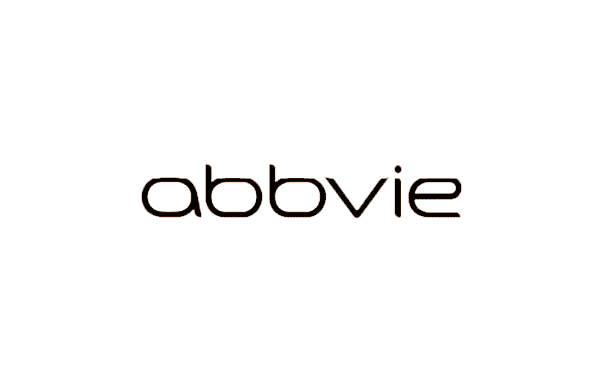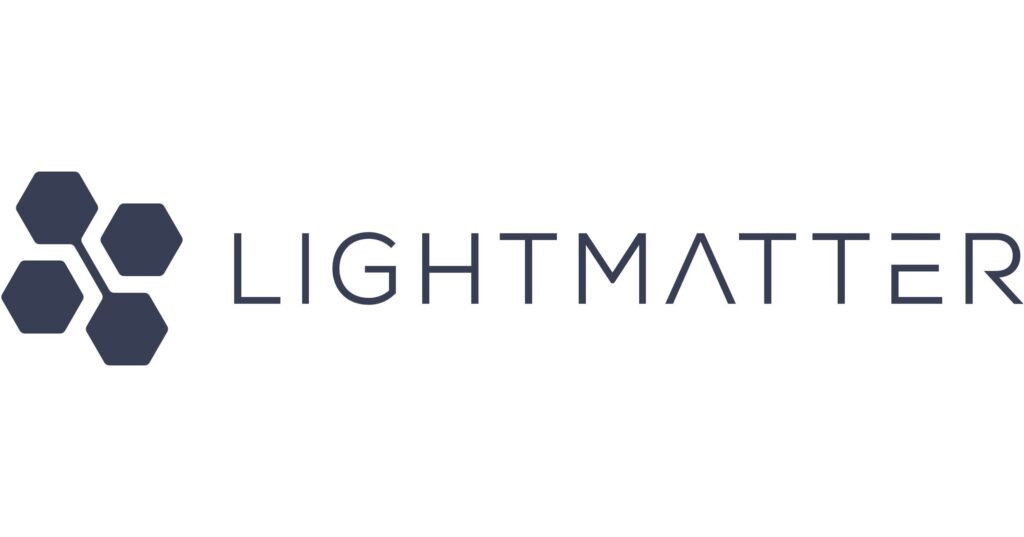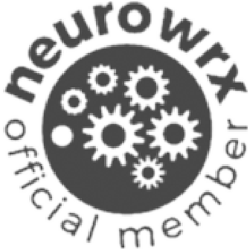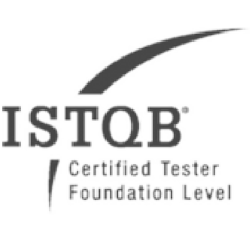Once a nice-to-have option for website owners, digital accessibility has become an increasingly vital necessity for any business with an online presence. From looming legal deadlines to rising consumer expectations around universal usability, organizations that fail to prioritize accessibility today are threatened by more than just lawsuits. They risk losing customers, damaging their brand, and falling behind competitors who understand that inclusive design drives innovation and growth.
At Aspiritech, we know that accessibility makes digital experiences better for every user, and also serves to expand businesses’ potential for reach and conversions. Our skilled team of disabled and neurodivergent testers specializes in WCAG and Section 508 accessibility reviews, helping businesses uncover real-world barriers that automated scans often miss.
We asked Lindsay Holley, Aspiritech’s VP of Product Strategy and Head of Accessibility, to share the top five things every organization needs to know about digital accessibility in 2025, based on issues that we’ve flagged for clients in the past several weeks. Her list and our added insights are below.
1. New Legal Deadlines Are Approaching Fast
Accessibility is a digital best practice. It’s also the law. In April 2024, the U.S. Department of Justice finalized rules under Title II of the Americans with Disabilities Act (ADA) that set clear compliance requirements for digital accessibility. The deadlines for entities to make the necessary updates to their online platforms begin hitting in 2026’s second quarter.
- April 24, 2026: Larger state and local governments (serving populations of 50,000+ residents), along with public universities, must meet accessibility standards.
- April 26, 2027: Smaller governments (serving populations of under 50,000 residents) and special purpose districts must also comply.
These deadlines require web content and mobile apps to meet WCAG 2.1 AA standards, a set of internationally recognized guidelines for accessible digital experiences.
While these rules currently apply to government entities, they set a precedent for private businesses, as well. Courts are increasingly holding companies accountable when their websites, apps, or platforms fall short of accessibility standards. The U.S. Chamber of Commerce has highlighted high-profile cases involving lawsuits against a national pizza company, a grocery store chain, and an e-commerce giant in recent years, but smaller companies are increasingly being held responsible for not meeting compliance standards. In the first quarter of 2025, digital accessibility lawsuits surged by 15% nationwide. In Aspiritech’s home state of Illinois, the increase was a staggering 825% jump over the same period last year.
Forward-thinking businesses are conducting WCAG accessibility reviews and Section 508 audits now, before regulations or costly lawsuits force them to act.
2. Accessibility Is Good for Business
Accessibility is as much about growth as it is about mitigating legal risks. Making your website or digital product accessible helps you:
- Improve SEO: Search engines reward accessible practices like descriptive alt text for images, logical heading structures, and clear navigation. These same elements make your site easier to find for users seeking the information you publish and the solutions you offer.
- Boost customer loyalty: An accessible experience means users of all abilities can navigate your site without frustration. Happier customers stay longer, engage more deeply, and return more often.
- Increase revenue: Disabled consumers represent billions in spending power. If your website isn’t built with inclusion standards and accessibility rules in mind, you’re shutting out a significant portion of the market. High bounce rates and abandoned carts are a sign of poor usability, and indicate potential profits lost.
Most importantly, accessibility testing done by real people—particularly disabled and neurodivergent testers who use assistive technologies daily—provides insights that automated scans or untrained web developers can’t deliver. Experienced human perspective helps companies check the compliance boxes, but also creates smoother, more enjoyable digital experiences for all.
3. Be Proactive, Not Reactive
Too many businesses treat accessibility as an afterthought, scrambling to make fixes only after receiving complaints or being hit with a lawsuit. This reactive approach costs more, takes longer, and rarely results in an authentically inclusive experience.
Accessibility should be built into every stage of your digital process, from design and development to testing and maintenance. By embedding accessibility early in the planning stage, you not only avoid costly retrofits, but can also spark innovation from the outset. Designing for edge cases often results in better, cleaner, more intuitive products that everyone can navigate.
The bottom line: Don’t wait until you’re forced. Schedule digital accessibility audits early and regularly so accessibility becomes part of your digital DNA.
4. Accessibility Means Being a Good Human
In the U.S., 1 in 4 adults—more than 70 million people—live with a disability. That number rises with age, affecting about 2 in 5 adults over 65. These individuals are already your customers, employees, and community members. Why shut them out from your online platforms now?
Disabilities take many forms:
- Vision: Blindness, low vision, or color blindness may require screen reader compatibility, text scaling, and color contrast adjustments.
- Hearing: Deaf and hard-of-hearing users need captions, transcripts, and clear audio when media players are present.
- Mobility: People with limited motor control benefit from keyboard navigation, voice control, and flexible input options.
- Cognitive: Plain language, clear instructions, and consistent layout patterns benefit users with learning differences or cognitive conditions.
Designing for disability ensures that everyone has an equal chance to utilize your products and services. The respect and inclusion demonstrated on accessible platforms marks your brand as compassionately human-centered at a time when corporate profits and seemingly uncaring practices take precedence. When you invest in accessibility, you’re not only expanding your audience, you’re showing that your brand cares about the people that make its existence viable.
5. Accessibility Is an Ongoing Effort
Technology changes quickly. New devices, new coding frameworks, and new standards emerge every year. Accessibility is not a one-and-done project you can check off a list to stay in compliance indefinitely. It’s a continuous process that will change with time.
- Standards evolve: WCAG 2.2 was finalized in 2023, and WCAG 3.0 is on the horizon.
- Laws evolve: The new ADA rules are just the beginning. Similar requirements are gaining traction globally, including in the European Union and India.
- Technology evolves: AI, voice interfaces, and immersive technologies all raise accessibility questions that didn’t exist a few years ago.
To stay compliant and competitive, businesses should make accessibility reviews a regular part of their digital strategy, just like security updates or content refreshes. Partnering with an experienced accessibility testing team ensures you can keep pace with change while centering real user experiences.
At Aspiritech, we provide 508 and WCAG accessibility reviews led by disabled and neurodivergent QA testers, ensuring your digital products work for real people, not just checklists.
Building Platforms That Everyone Can Use
Digital accessibility is no longer a niche concern. Online inclusion standards are now key to organizations connecting with their audiences, complying with the law, and future-proofing their businesses. Whether you’re motivated by compliance deadlines, SEO benefits, customer loyalty, or simply doing the right thing, accessibility is a win-win for your brand and your community.
The best time to start reducing friction and removing barriers for disabled users on your platform was yesterday. The next best time is right now.
Ready to see how your website or app performs against WCAG and Section 508 standards?
Aspiritech’s accessibility audits, usability reviews, and compliance testing are powered by our team of autistic tech professionals. Get in touch with us to start building more inclusive, legally compliant, and overall better digital experiences for your users today.





















